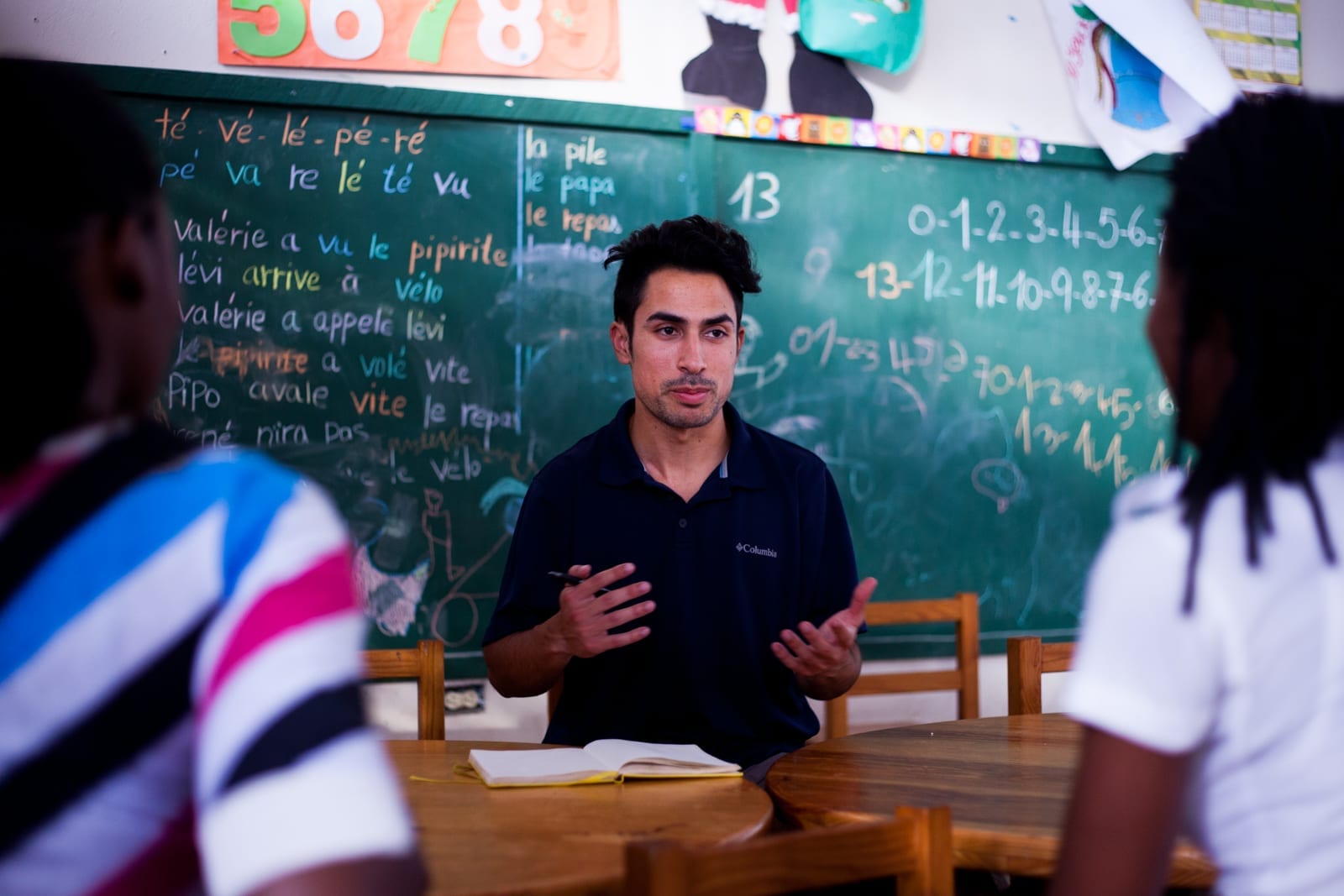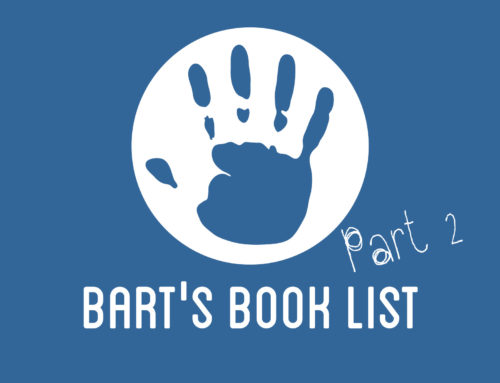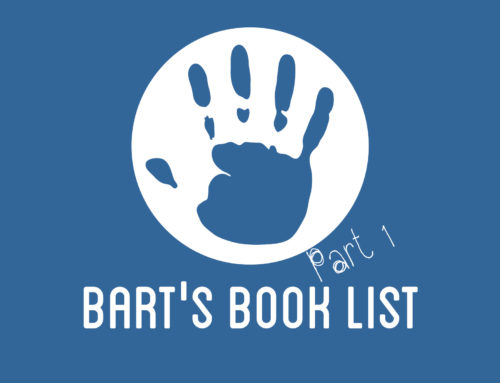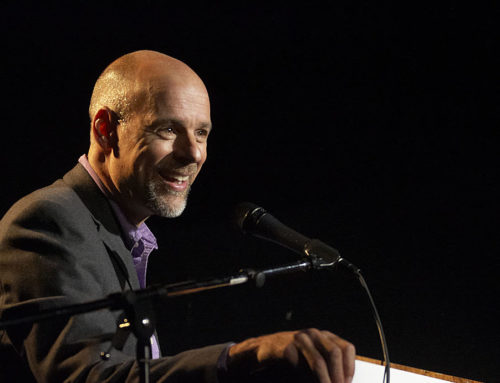Rural Haiti isn’t the usual landing pad for recent USC graduates.
But then again, Adrian Saiz isn’t your usual USC graduate. He started out like so many others here, joining a fraternity, majoring in accounting, and quickly learning to balance hard partying and academic achievement while diligently networking valuable contacts, acing his internships and plotting his path to riches. Not surprisingly, by the end of last summer he’d earned a great job offer with a Big Four accounting firm. Then he woke up.
Honestly, I wish I could say it was hearing my guest lecture in one of his classes or being exposed to the Secular Student Fellowship by a friend, but the truth is that Adrian woke up all by himself. In the midst of his final internship, he somehow managed to pull away and look at himself in the mirror. He’d made lots of friends at USC, but none he truly loved or expected to keep for the rest of his life. He’d passed all his courses, but wasn’t sure he’d learned anything that really mattered. He was on the cusp of vast material wealth, but he hadn’t met anyone in the business world whose character or relationships inspired him. He was hungry for more.
He read Gandhi. He looked for volunteer opportunities. He started to meditate. And then, when he returned to school, he walked into USC’s Office of Religious Life looking for help. Because he doesn’t believe in God, they steered him to me.
“I don’t care about all that other stuff any more,” he told me during our first meeting. “I just want to feel more alive and connected. I’m not sure how yet, but I know I need to find a way to help people”.
Here’s the thing: I’m a humanist pushover. Spiritually speaking, I fall in love with practically every young person I meet, and as a result I often mistake casual curiosity and politeness for genuine interest and desire, especially in students as immediately charming and articulate as Adrian Saiz. I tend to get all excited, flood them with ideas, suggestions and resources, and scare them away. I’ve gotten better over the years, but with Adrian I pulled out all the stops. Fortunately, he was as eager as he seemed.
All last semester, Adrian came to dinners and SSF meetings. He joined our fall retreat and started some very different friendships. He and some of the other students started feeding the homeless on Thursday nights. Simply stated, Adrian took to proactive humanism like a duck to water, so much so that I wasn’t all that surprised when he came to my office shortly before graduation, wanting to talk about reneging on his fancy job offer in order to search for something more meaningful.
I don’t have all the answers for my young friends here, of course, but I do know lots of good people, including my old friends John and Merline Engle, genuine heroes who love and serve the poorest of the poor in a small village outside of Port-Au-Prince, Haiti. By the time Adrian had gracefully let down his would-be employers, John and Merline had agreed to host him for a month, to introduce him to the other side of privilege and offer some guidance as he considers a different kind of life. A few weeks ago, John sent this note:
hi bart,
wow, what a gem! we’ve loved having Adrian and the time is going way too quick!
what a class act he is. love him! and so does my family and everyone else. thanks again Bart. thanks so so much.
love,
john
When I clicked that link and read Adrian’s words, I cried tears of pride and joy. If you click it too, you’ll see why. Of course, Adrian is just one of the many young humanists I have the privilege of knowing, guiding and learning from here at USC. I look forward doing a better job of sharing our stories with you and helping you see how this new way of talking about love and justice and the surpassing value of relationships really works.
We’re raising up a new generation of goodness, after all, and we need your support. (If you’d like to learn you can help support this kind of stuff, tap HERE. To hear my podcast, go HERE.)




